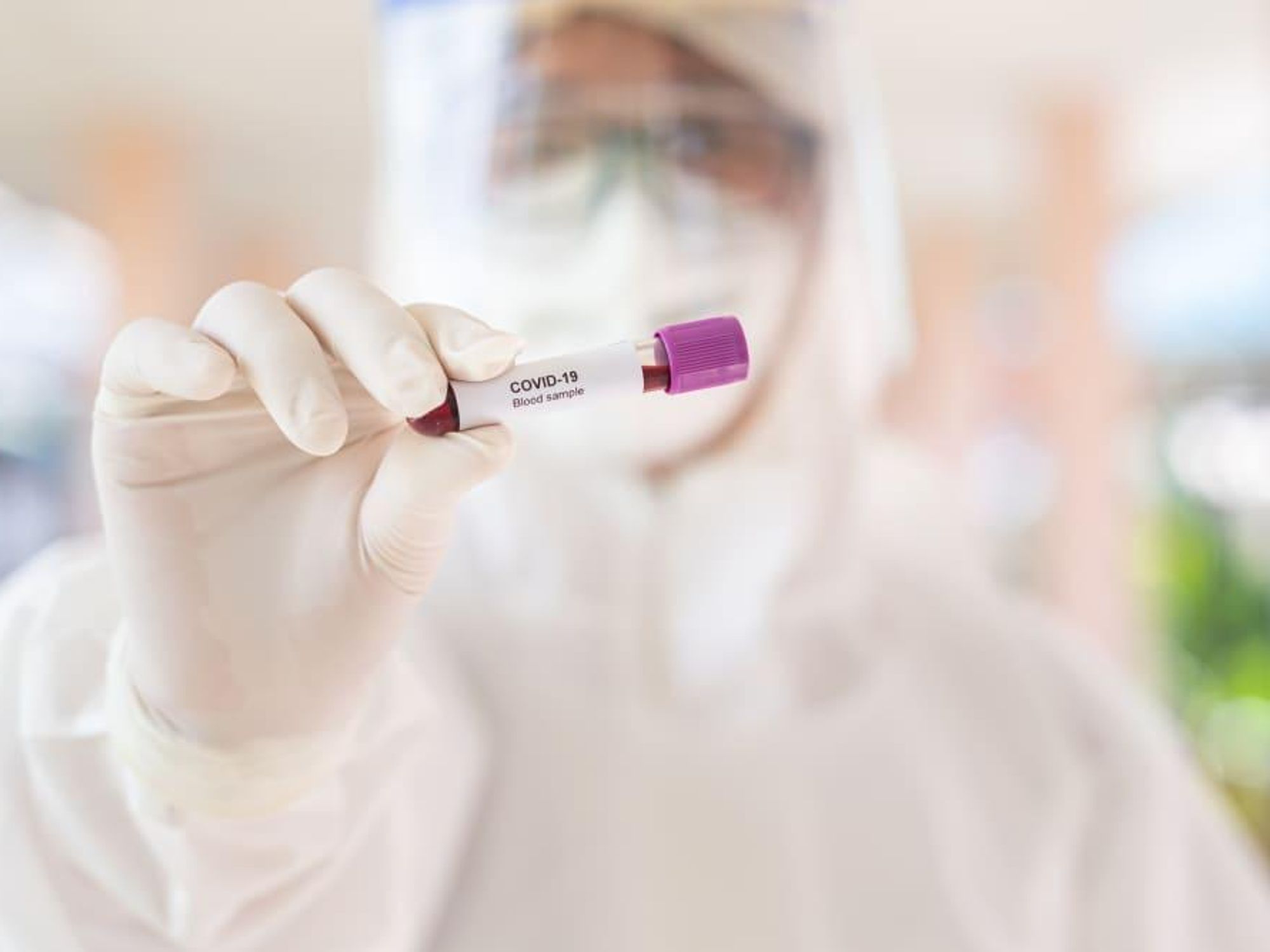coogs tackle covid
University of Houston partners with local company to develop cutting-edge COVID vaccine

A major Houston university has taken a big leap in the race to battle debilitating diseases such as COVID-19. The University of Houston has entered into an exclusive license option agreement with AuraVax Therapeutics Inc., a Houston-based biotech company developing novel vaccines against aggressive respiratory diseases such as coronavirus, according to a press release.
This means AuraVax has the option to exclusively license a new intranasal COVID-19 vaccine technology developed by Navin Varadarajan, an M.D. Anderson professor of chemical and biomolecular engineering. Varadarajan is a co-founder of AuraVax.
The vaccine is a nasal inhalant, much like FluMist. Based on pre-clinical experimentation, Varadarajan reports his technology not only elicits a mucosal immune response, but also systemic immunity, according to UH.
“We plan to stop COVID-19, a respiratory virus, at its point of entry — the nasal cavity — and we believe our intranasal platform is a differentiated approach that will lead to a vaccine with increased efficacy to create sustained immunity to COVID-19,” said Varadarajan in a statement.
So how does it work? Varadarajan is utilizing the spike protein, which helps the virus enter the target cell, and is the major target for neutralizing antibodies as it binds to the ACE 2 cellular receptor, for virus entry. The professor prefers using proteins because of their ability to induce strong immune responses, flexibility and scalability, and the absence of infectious particles, per UH.
Varadarajan’s company, AuraVax, has created a next-generation vaccine platform that combines the potential of in-home administration with the ability to deliver complete immunity. The technology has been validated for COVID-19 in initial animal studies and results in immunity measured by both B-cell and T-cell responses.
“We believe AuraVax has a competitive advantage given the immune responses and a supply chain that is well-suited for widespread distribution and self-administration distribution,” said Varadarajan. “We are excited to be collaborating with the University of Houston and look forward to future success by advancing the development of this novel intranasal vaccine technology to address a multitude of respiratory viruses, starting with COVID-19.”
